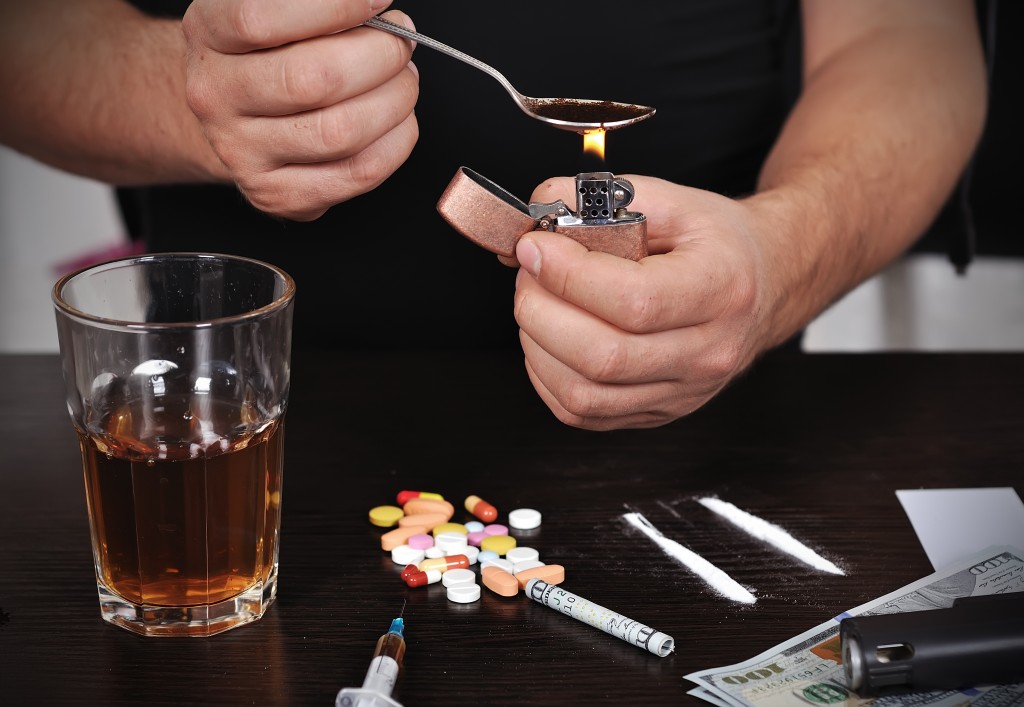Opioid addiction affects thousands of people in the country every year. If any of your loved ones has developed an addiction to opioid, you know how difficult it is to handle their situation.
But there are ways you can reach out to your loved one and help them recover from their situation. One is to schedule a consultation at a Suboxone clinic to learn the best treatment options for them. Aside from that, here are other things you can do to help a loved one battling opioid addiction.
Stop becoming an enabler
Just thinking about the state of your family member’s condition makes it difficult to avoid enabling their addiction. However, take note that cushioning the consequences of their actions does not help them with their situation.
Instead, it makes it difficult for them to move on from their current state. Moreover, it will make their addiction even worse. Showing them tough love by letting them experience what it is like to be at the bottom will help them understand the need to find treatment.
Be open and receptive
There will be times when your loved one will become difficult, especially when they are already addicted to opiates. No matter what happens, try your best to create an open line of communication, free from any blaming or shaming.
Otherwise, your loved one will only resort to projecting the blame back to you. What is worse is when they refuse to own up to their mistakes. Let your loved one feel that you are concerned about them and how much their situation worries you. Show them that you empathize with them and you only want what is best.

Think about yourself, too
Most people would often put others first especially when their loved one needs help. However, addiction does not only affect the person with drug abuse disorder. It penetrates deep within the family and becomes a disease.
That is why experts suggest that you also get emotional support and guidance for yourself. Doing so will help protect your mental health as you try to intervene with your loved one’s condition.
Acknowledge your emotions
It is normal to feel angry or feel humiliated when you first learn that your loved one is suffering from opioid addiction. Unfortunately, dealing with sudden emotional changes can be difficult. It is even worse when you are trying to make a calm conversation with your loved one.
Instead of letting your emotions run the discussion, try to step away and compose yourself. Creating any heated discussion will not help you encourage your loved one to get help. Rather, try to face the addiction before you speak to them to help you keep your emotions in check. Although it may take some time to get used to it, doing so will help you handle your loved one’s situation in the long run.
Families should discuss the available options to help a loved one recover from their addiction. Bear in mind that it is possible to fight opioid dependence with the right medication-assisted treatment.

